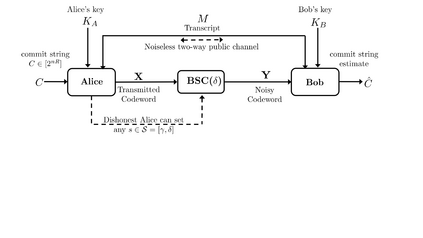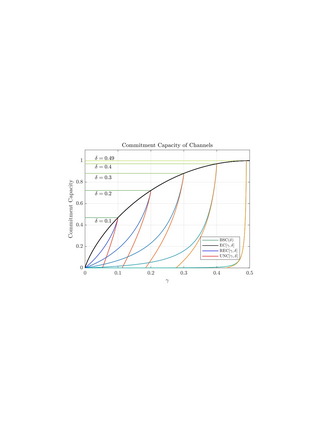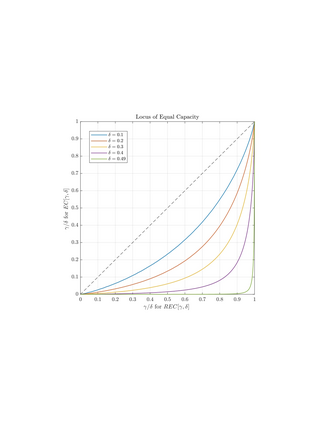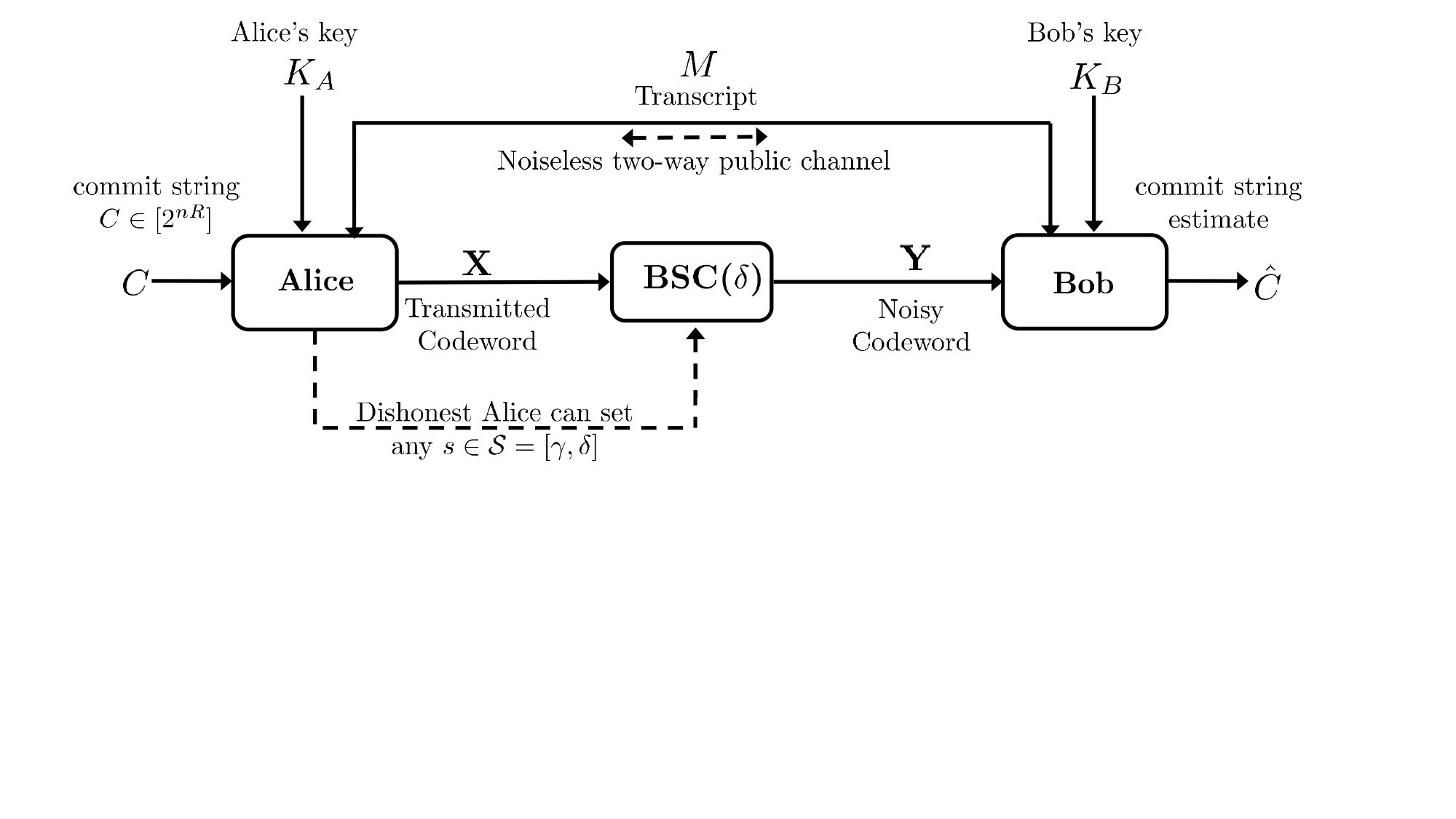Commitment is an important cryptographic primitive. It is well known that noisy channels are a promising resource to realize commitment in an information-theoretically secure manner. However, oftentimes, channel behaviour may be poorly characterized thereby limiting the commitment throughput and/or degrading the security guarantees; particularly problematic is when a dishonest party, unbeknown to the honest one, can maliciously alter the channel characteristics. Reverse elastic channels (RECs) are an interesting class of such unreliable channels, where only a dishonest committer, say, Alice can maliciously alter the channel. RECs have attracted recent interest in the study of several cryptographic primitives. Our principal contribution is the REC commitment capacity characterization; this proves a recent related conjecture. A key result is our tight converse which analyses a specific cheating strategy by Alice. RECs are closely related to the classic unfair noisy channels (UNCs); elastic channels (ECs), where only a dishonest receiver Bob can alter the channel, are similarly related. In stark contrast to UNCs, both RECs and ECs always exhibit positive commitment throughput for all non-trivial parameters. Interestingly, our results show that channels with exclusive one-sided elasticity for dishonest parties, exhibit a fundamental asymmetry where a committer with one-sided elasticity has a more debilitating effect on the commitment throughput than a receiver.
翻译:承诺是一个重要的加密原始事物。 众所周知, 吵闹的渠道是以一种信息理论安全的方式实现承诺的一个大有希望的资源。 但是, 通常, 频道行为可能特征不佳, 从而限制承诺的吞吐量和/或降低安全保障; 特别成问题的是, 不诚实的一方, 而不为诚实者所知, 可能会恶意地改变频道特征。 反弹性渠道(RECs) 是这种不可靠的渠道中一个有趣的类别, 只有不诚实的接受者, 爱丽丝才能恶意地改变频道。 RECs最近吸引了几个加密原始人研究的兴趣。 我们的主要贡献是REC承诺能力特征; 这证明了最近一个相关的预言。 一个关键结果是,我们分析Alice的具体欺骗策略的密切对比。 RECs与典型的不公平的聊天渠道(UNCs)密切相关; 弹性渠道(ECs)是只有不诚实的接受者 Bob才能改变频道的渠道, 有着类似的关联。 与UNCs形成鲜明对比的是, REs 和ECs 都总是表现出积极的承诺, 对所有非坚定的接受者来说, 展示了一种不坚定的渠道, 其承诺的结果。 令人感官性 。





